Efficient Hot Water Heating: Electric Cylinders
If you are considering upgrading your water heating system, read on to discover more about electric hot water cylinders and why a cylinder may be the right solution for you
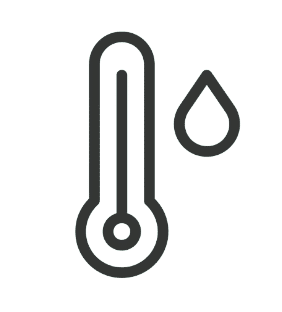
Hot water cylinders are insulated containers used to store and heat water for domestic purposes. They are a vital part of the household's plumbing system, allowing for consistent access to hot water for bathing, cleaning, and cooking.
Hot water cylinders work by heating and storing water, so it’s readily available for use whenever required. The cylinders are connected to the home’s plumbing system and can be heated using various energy sources, including electricity, gas, or solar power. In this blog post, we’ll focus on electric hot water cylinders specifically.
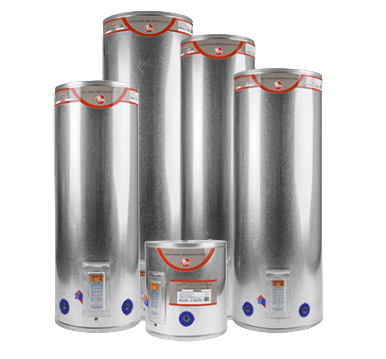
Electric Cylinders
As a homeowner, finding the perfect hot water cylinder can be quite a daunting task, especially since it’s a crucial piece of equipment that affects your household’s efficiency and reliability. It’s important to note that not all cylinders are created equal and that the type of cylinder you choose is directly related to your specific hot water needs. Imagine searching high and low for a cylinder, only to purchase one that’s too small and ends up failing to meet your household’s hot water supply needs. Such a situation can be frustrating and can even lead to increased energy costs in the long run. That’s why it’s essential to take your time when selecting a cylinder for your home to ensure that your household enjoys a perfect hot water supply based on your specific needs.
Main-pressure electric cylinders are the most common type used in modern homes. They are directly connected to the mains water supply, allowing hot water to be delivered to the taps and showers at the same pressure as the cold water. This ensures a comfortable and enjoyable shower experience. Main-pressure electric cylinders often include an electric element at the bottom of the cylinder, responsible for heating the water.
Low-pressure electric cylinders do not connect directly to the main water supply. Instead, they rely on gravity to feed cold water into the cylinder. The water is then heated using an electric element, similar to mains pressure cylinders. These cylinders are commonly found in older homes or regions with lower mains water pressure. While they can still provide hot water, the flow rate might be slower compared to mains pressure cylinders.
Outdoor electric cylinders are designed to be installed externally, typically against the exterior wall of the house. This placement saves valuable indoor space and is a popular choice for homes with limited interior storage options. Outdoor electric cylinders offer the same performance and features as their indoor counterparts.
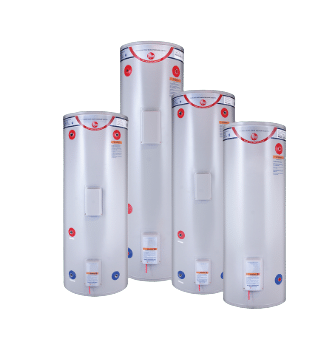
135 – 150L
Cylinders in this size range are suitable for small households with one to four occupants. They are ideal for apartments or small homes with limited hot water demands. If you have a compact living space or minimal hot water needs, a 135–150-litre electric cylinder should suffice.
180 – 250L
Cylinders in this size range are well-suited for average-sized households with four to seven occupants. They can comfortably accommodate daily hot water needs for bathing, washing dishes, and laundry. If you have a moderately hot water consumption pattern, a 180-250-liter electric cylinder should meet your requirements.
Specific Design
Apart from the standard sizes mentioned above, some manufacturers may offer specific-sized electric hot water cylinders. These cylinders can be designed to fit specific space constraints or unique hot water requirements. If your home has limitations in available space or requires a tailored solution, discussing custom sizing options with the manufacturer or a registered plumber may be beneficial.
When Electric Cylinders Work Best
Hot water cylinders offer numerous benefits, including consistent hot water supply, energy efficiency, ease of installation, and a wide range of sizes to suit various household needs.
Ease of Installation
Electric hot water cylinders are relatively straightforward to install, making them an excellent option for replacements or new installations.
Energy Efficiency
With modern insulation and energy-saving features, electric cylinders can be highly efficient. Upgrading your cylinder can result in reduced energy consumption and lower utility bills.
Reliable Supply
Electric cylinders offer a consistent supply of hot water, ensuring there’s enough for daily activities like bathing, washing dishes, and laundry.
Limitations and Considerations
While hot water cylinders offer many benefits, they also come with certain limitations that should be carefully considered. By understanding and weighing these limitations against their advantages, homeowners can make an informed choice that best meets their hot water needs and preferences.
Power Outages
Electric hot water cylinders rely on electricity to heat the water. In the event of a power outage, you may experience a temporary loss of hot water supply until the electricity is restored. This can be a concern, particularly during extended power cuts.
Size Considerations
Choosing the correct cylinder size is essential to meet your hot water demands efficiently. An oversized cylinder can lead to unnecessary energy consumption, while an undersized cylinder may not provide enough hot water during peak usage times. Determining the right size requires careful consideration of your household’s hot water usage patterns.
Installation Constraints
The location and installation of hot water cylinders can pose challenges for some homes. Indoor installations may occupy valuable indoor space, while outdoor installations might require additional weatherproofing measures and adequate protection against the elements.
Trusted Brands
When it comes to choosing the best electric hot water cylinder brands, Rheem, Rinnai and Dux are among the top contenders in the New Zealand market. These brands are renowned for their reliability, longevity, and energy efficiency. When installed correctly and by a professional these manufactures all offer warranties, providing customers with peace of mind and confidence in their investment.


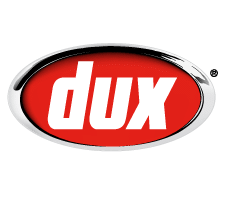
Maintenance Requirements

To ensure the longevity and efficiency of electric hot water cylinders, regular maintenance is essential. It is recommended to have a registered plumber inspect the cylinder periodically. The maintenance tasks typically include checking for leaks, testing pressure relief valves, and flushing out any sediments that may accumulate inside the cylinder over time.
Prodigy offers scheduled maintenance solutions with customised plans to suit your home.
Licensed Plumbers
Installing, repairing, or maintaining electric hot water cylinders requires specialised skills and knowledge. Hiring registered plumbers, like Prodigy Plumbing Gas and Drainage, ensures that the work is done safely and up to code.
Licenced professionals will warranty their work.
They will also carry the required insurance to secure your property, giving you peace of mind.
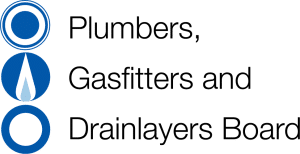
Why Choose Prodigy Plumbing Gas & Drainage
Prodigy Plumbing Gas and Drainage are your trusted partner for hot water installations in New Zealand.
With our extensive experience and knowledge, we understand the unique requirements of different households. We can provide expert guidance in selecting the right system based on your hot water needs, budget, and preferences. Our team of registered gasfitters ensures a safe and professional installation, guaranteeing optimal performance and compliance with industry standards.
Contact our team today to learn more and receive a fully customisable plan for your property.
Business Hours
Monday – Friday: 7:30am – 5pm
Saturday: 9am – 12pm
P: 09 394 0818
E: info@prodigyplumbing.co.nz
